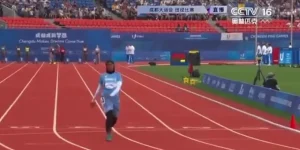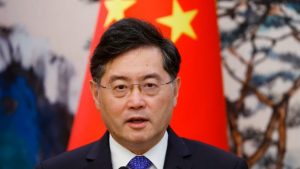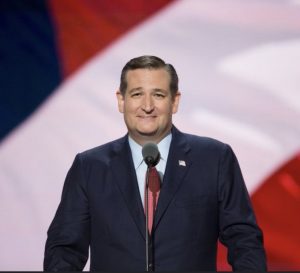China President Xi Jinping‘s right-hand man, Vice Premier Liu He, in 2016, had made the headlines when he laid out the country’s top leaders’ long-term economic thinking. He said that government instead of pumping the GDP growth should prioritise cutting down leveraging. At that time, he was termed as an “authoritative person”; since that time he has been quiet.
However, the “authoritative person” resurfaced in a recent interview with Xinhua news agency. In the interview, he exuded confidence in the country’s economy. His comments came in the backdrop of growing pessimism among economists.
As per a Bloomberg report, he made it abundantly clear that there will not be any large-scale policy easing.
In the Xinhua article titled “Ten Questions on the Economy,” he and his team said that the policymakers have made it clear to not inundate the economy with stimulus while discounting a dependency on property and debt. The article devalued growth risks, citing that job creation, consumer prices and international trade showed how steady the economy was.
Instead of pumping up the economy, the main focus remained on weeding out the overproduction in the polluted industries.
Even though the article hinted at more measures to promote internal demand, it did not rule out policy fine-tuning.
The article focussed on long-term structural issues, instead of reacting to short-term rotations. In May 2016, China’s economy came back from the burst of the stock bubble and the “authoritative person” sounded an alert of an L-shaped recovery being the new normal. That was placed against the U- or V-shaped rebound.
The person said that China should be actively dealing with rising bad loans, rather than delaying or hiding them.
The 2016 article had prompted the stock market to plummet, although briefly. In the second half of the year, the PBOC raised the interbank rates to tighten policies. Ten-year yields rose above 4% in November 2017 after they bottomed at about 2.7% in August 2016.
While immediate RRR cuts have faded out, economists are still hopeful of some large-scale policy easing.






